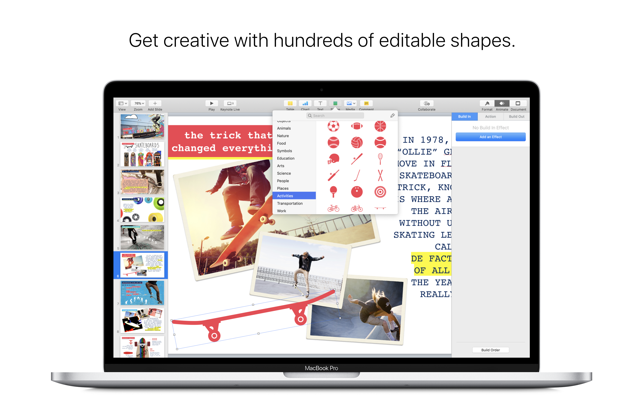Since the release of iLife 11 earlier this month, a number of customers upgrading to iPhoto 11 started reporting data loss. There doesn’t seem to be a large number of affected users, but these occurrences may also not be “extremely rare”, as Apple implies in a note describing the iPhoto 9.0.1 update.
According to the Cupertino, California based maker of Macintosh computers, iPhoto 9.0.1 “addresses issues that, in extremely rare cases, could result in data loss when upgrading a library from an earlier version of iPhoto.”

Download iphoto 9.1.0 free - iPhoto 9.4.3: Gestisci, modifica e condividi le tue foto digitali, e tanti altri programmi. I'm trying to update the version of iPhoto (currently 9.1.5) to the latest 9.2.1. Mine does and will install free updates w/o going to App store. IPhoto is also capable to import pictures from My Photo Stream to your library and add photos from your iPhoto library to My Photo Stream in order to view them on all your devices. Moreover, the iCloud Photo Sharing feature enables you to create shared photo streams to which you can invite friends and family. Apple: Download iPhoto 9.0.1 for iPhoto 11 Upgrade to Avoid Data Loss. Since the release of iLife 11 earlier this month, a number of customers upgrading to iPhoto 11 started reporting data loss.
A Support document containing detailed information about the update is also available.
Knowledge base article HT4431 begins with Apple noting that “Before an existing iPhoto library can be used with iPhoto '11 it must be upgraded.
“This process occurs when you open your library with iPhoto '11 for the first time. In extremely rare cases, if you do not follow the recommendations below during the upgrade process you may experience data loss,” the company acknowledges.
According to Apple, the article outlines the various events that may occur during the library upgrade process. It basically offers advice on how to avoid data loss.
“The library upgrade process is generally safe and reliable, but it's always a good idea to have a backup of your library in case of unforeseen issues,” reads the document.
Before upgrading to iPhoto 11, users must keep in mind that fully upgrading a very large library can take a long time, Apple says, “even up to an hour or more.”
“Before updating to iPhoto ’11, it is recommended that all customers download and install the iPhoto 9.0.1 software update,” the document continues to reveal.
“From the Apple () menu, choose Software Update and check for the iPhoto 9.0.1 Update. You can also manually download the iPhoto 9.0.1 update here. Follow the instructions to install iPhoto 9.0.1 and then reopen iPhoto '11 to complete the update,” goes Apple’s advice.
Iphoto 9.5.1 Dmg
User must also not force quit the application during the update process, if they attempt to upgrade their library a second (or third) time after the software unexpectedly quits, and the iPhoto 9.0.1 software update is not installed.
Iphoto 9.5.1 Dmg Vs
“If the software unexpectedly quits, iPhoto may on subsequent launches appear to stop responding during the upgrade process,” Apple claims.
Iphoto 9.5.1 Dmg Converter
“Customers are advised to let the process continue until the upgrade progress bar is displayed. For very large libraries, iPhoto '11 may appear to be inactive for several minutes before the progress bar is displayed — do not force quit the application during this period.”
A final warning is then posted, for those who’ve force quit iPhoto '11 during a library upgrade:


Iphoto 9.5 1 Update Dmg

“If you have force quit iPhoto '11 during a library upgrade, you should not attempt to open iPhoto '11 or upgrade the library again without first installing the iPhoto 9.0.1 Update.”
If you’re an iPhoto user who’s noticed something amiss with print previews, oh boy does Apple have an update for you!
iPhoto 9.5.1, a free update released on Wednesday, fixes an issue that the company says could cause print previews to render incorrectly. And, because it’s a software update from Apple, the release notes also tout stability and performance improvements. The download weighs in at around 55MB.
iPhoto for OS X costs $15, but is free for those who own iPhoto ’11 or who’ve purchased a new Mac recently.